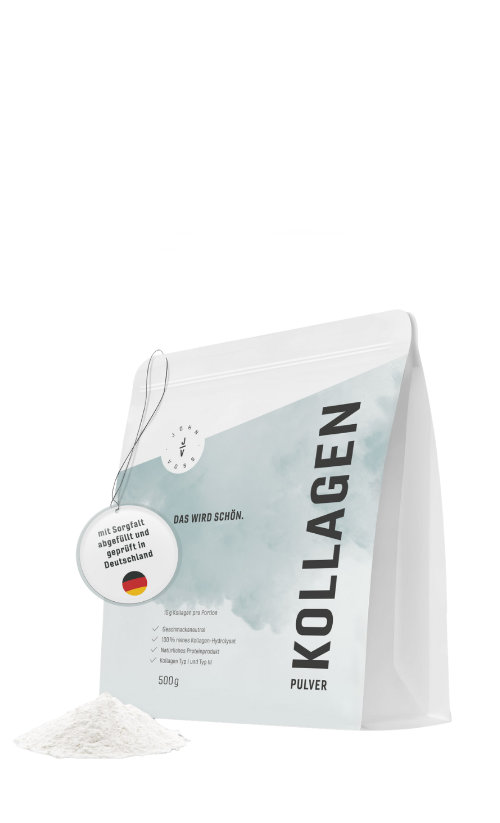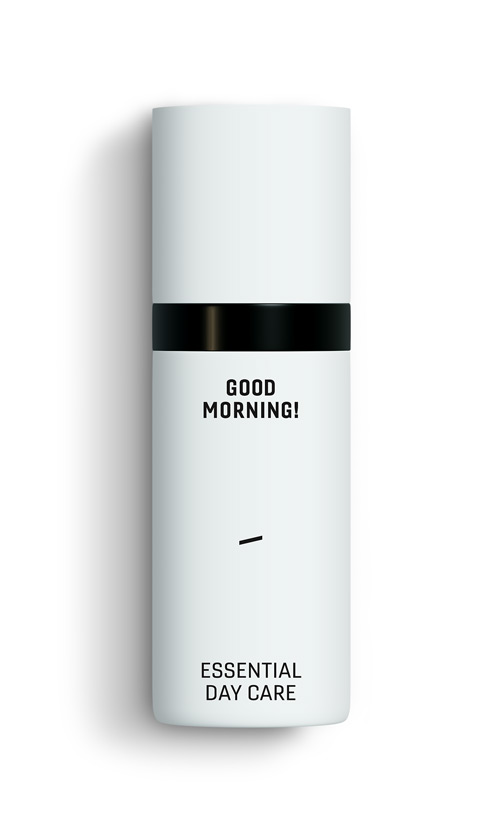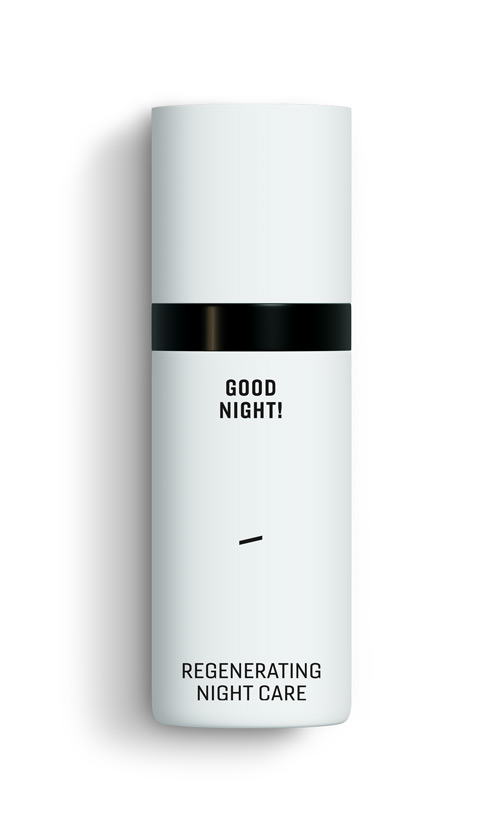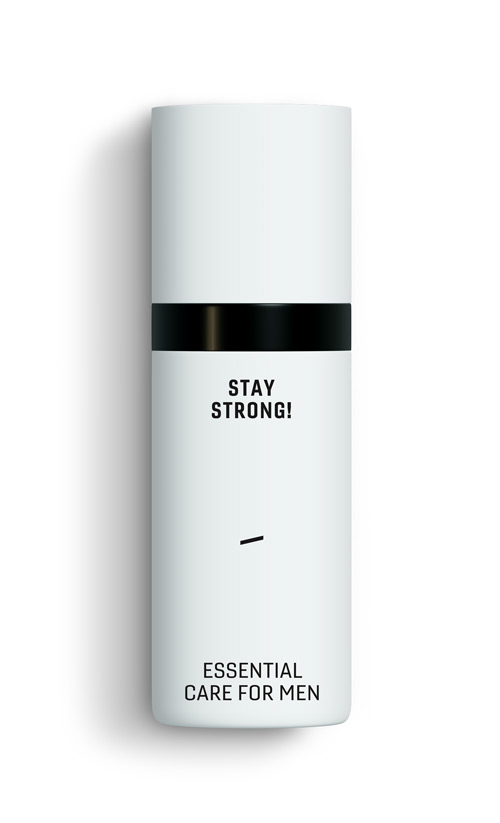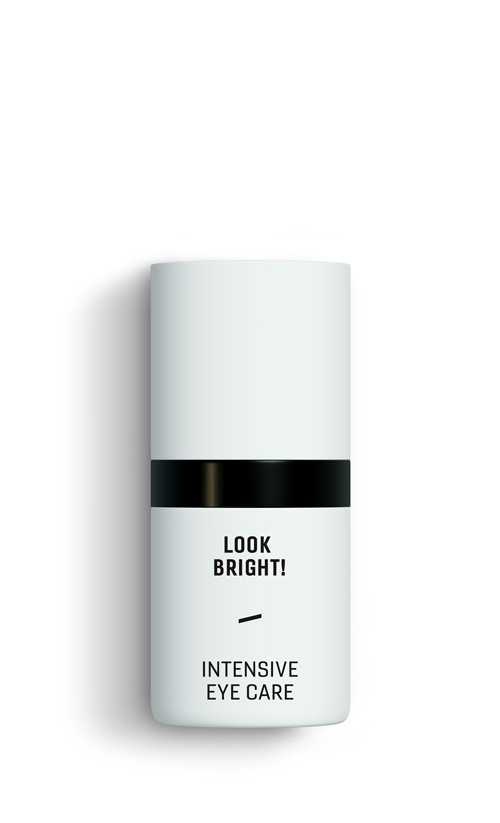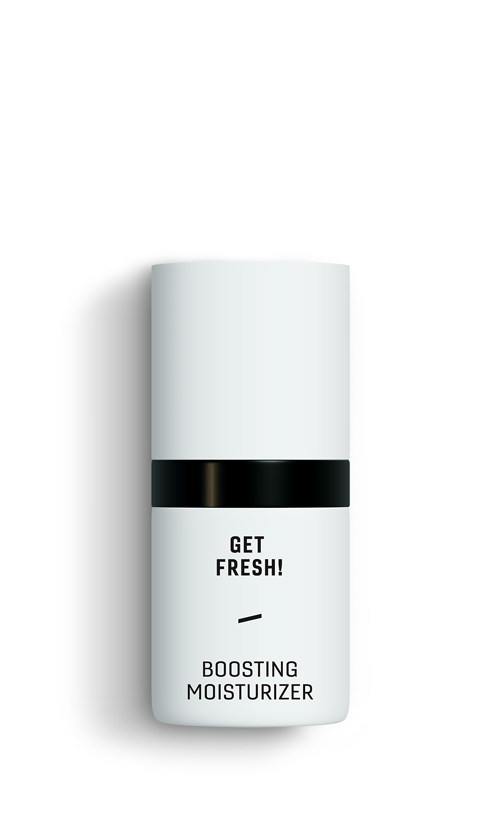Vitamin D is the only vitamin the body can produce itself.
For this, the body needs sunlight; UV radiation is absolutely necessary for the formation of vitamin D in the skin.
How much sun exposure is necessary for vitamin D formation?
- Regular, short, moderate exposure to sunlight usually provides for the formation of 80-90% of the necessary amount of vitamin D.
The definition of what level of vitamin D in the blood is considered sufficient is controversial and has been described in very different ways.
There are studies that show that a sufficient vitamin D supply is ensured if we expose ourselves to moderate sunlight regularly, but only for short periods of time.
On the other hand, there is the need for sun protection to protect our skin from sunburn. A well-working sunscreen helps the skin protect itself from sunburn and skin cancer, but it worsens vitamin D production.
This is a balancing act that is not so easy.
To avoid influencing or unnecessarily preventing vitamin D absorption here, we have decided to develop our products without sun protection, because: Everyone needs individual sun protection.
In addition to the amount of vitamin D we produce ourselves, we also take in additional vitamin D through our food.
What are the functions of vitamin D in the organism?
Vitamin D is essentially responsible for
- an efficient immune system
- the regulation of the calcium level in the blood
- normal absorption/utilization of calcium and phosphorus
- the formation and maintenance of bones and teeth
- normal muscle function
How much vitamin D does the body need daily?
Assuming the body would not have the ability to produce its own vitamin D, the estimated value for vitamin D intake derived from studies by the German Nutrition Society is 20 micrograms per day.
What foods contain vitamin D?
Foods rich in vitamin D include
- Fatty fish such as herring, salmon, mackerel, eel
- Chicken egg, especially egg yolk
- Cheese (e.g. Gouda with 45% fat), butter
- Some edible mushrooms (e.g. champignons, chanterelles)
- Offal such as beef liver
How do I know if I have a vitamin D deficiency?
- A vitamin D deficiency should always be diagnosed by a doctor
The level of vitamin D can be determined in blood serum. This analysis is not at all easy, and the results of some of the quick tests that are available over the counter are often very uncertain.
If you want to have your vitamin D level determined, it is best to have this done by a doctor. He or she will be able to interpret the result correctly and recommend any necessary supplementation with vitamin D supplements.
- Since too high a vitamin D intake can be harmful to the body, uncontrolled high vitamin D intake is not advisable.




